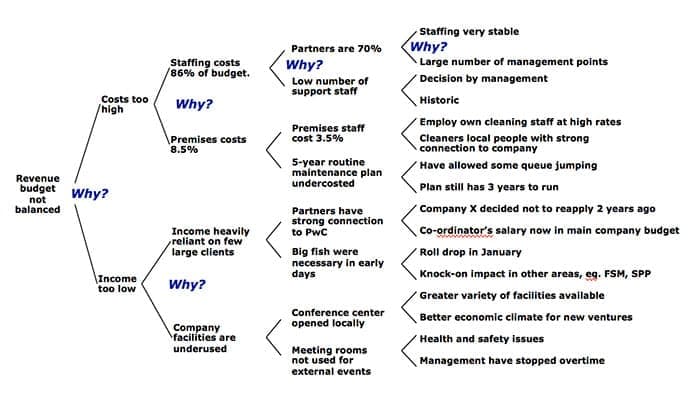
5 Whys Root Cause Analysis
5 Whys Root Cause Analysis helps teams quickly uncover root causes of problems so they fix real issues instead of just treating symptoms.
WorkshopBank is dedicated to helping consultants and leaders build high-performing teams. Our free workshop processes, tools, and templates are designed to save you time and support you at every stage of team development.

Weekly tips, templates, and techniques delivered every Saturday.
“The resources you send out are straightforward and instantly implementable. And they're so different compared to everything else out there. My workshop library gets upgraded every Saturday in less than 4 minutes.”
Join 140K+ readers for consultant-grade frameworks, strategies, and resources sent every week
⚡ Every Saturday. 4-minute read. Instant impact.
Explore articles, guides, and best practices

5 Whys Root Cause Analysis helps teams quickly uncover root causes of problems so they fix real issues instead of just treating symptoms.
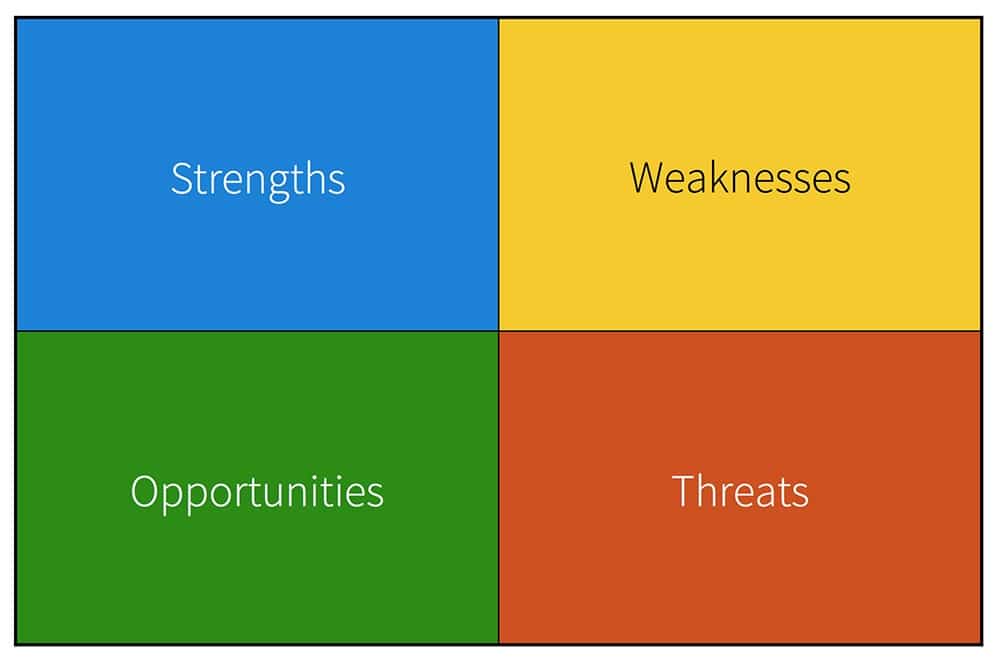
SWOT Analysis is a simple team exercise to map strengths, weaknesses, opportunities and threats so you start projects and reviews with a clear shared picture.

Day In the Life Of (DILO) maps how staff spend their time so you can improve workload, efficiency and work life balance across roles.
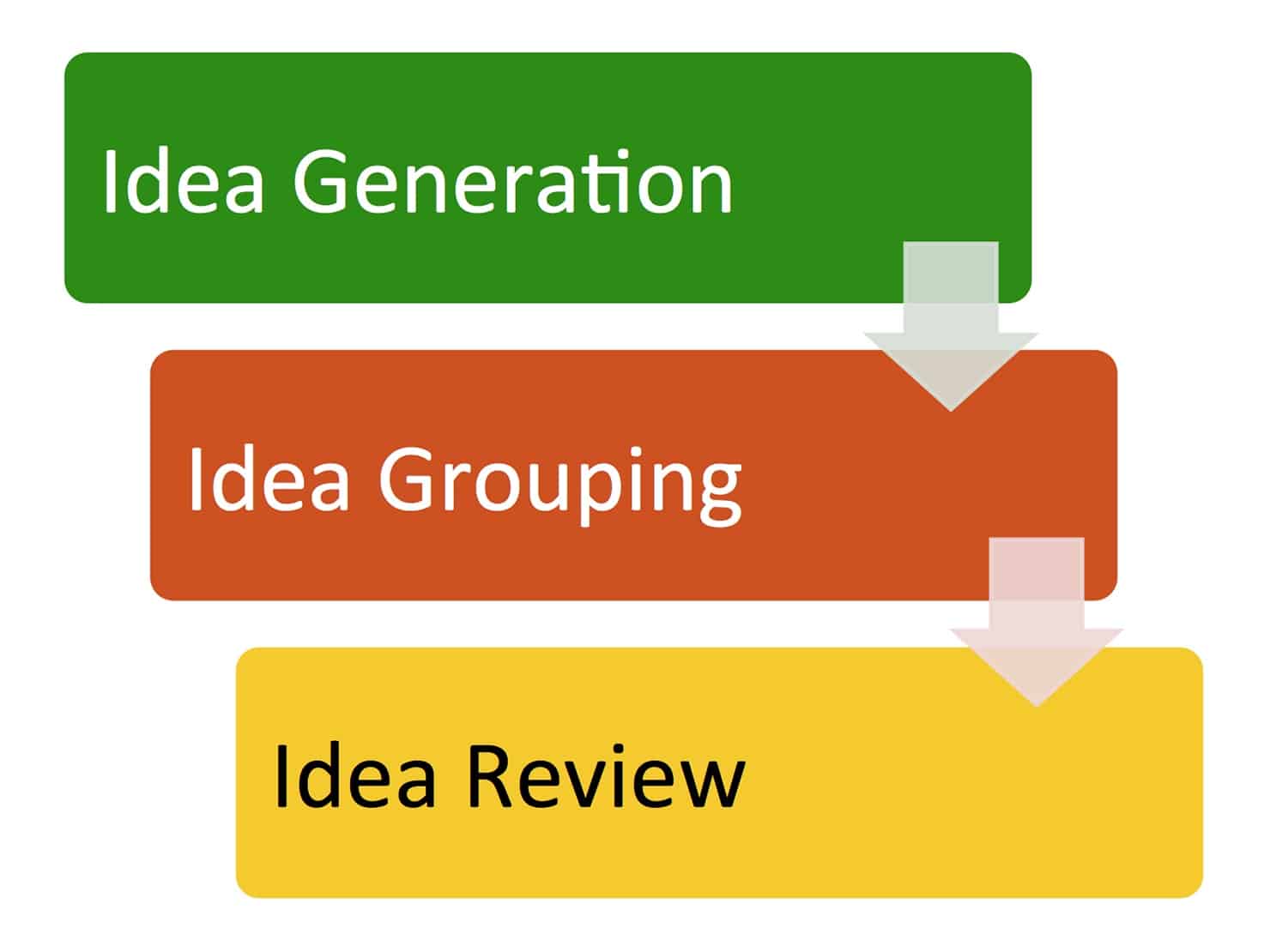
Brainstorming is a structured group process that generates many ideas fast, then organises them into themes, priorities and clear next steps.
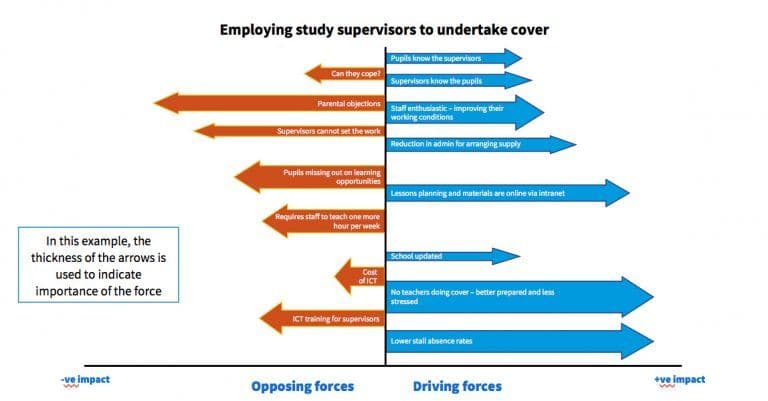
Force-Field Analysis is a change tool that maps driving and restraining forces so teams can rebalance them, plan actions and increase project success.
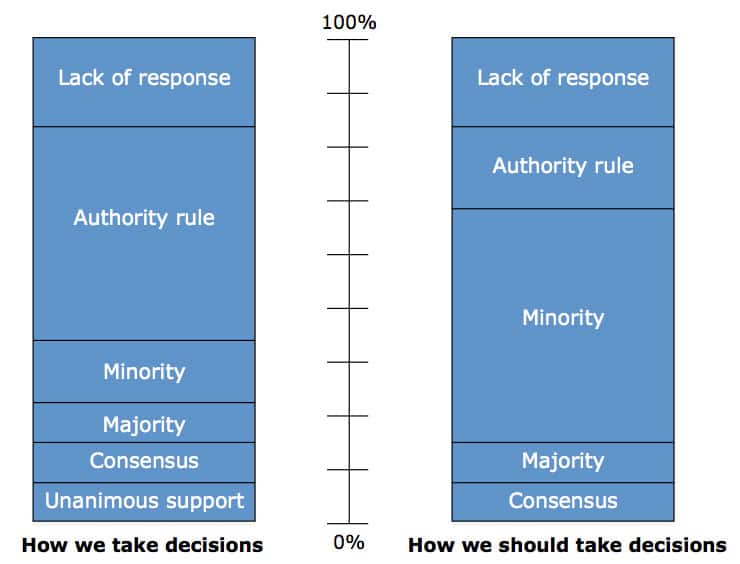
Group Decision Making Analysis is a team exercise to review how decisions are made today and design faster, more effective decision styles for the future.
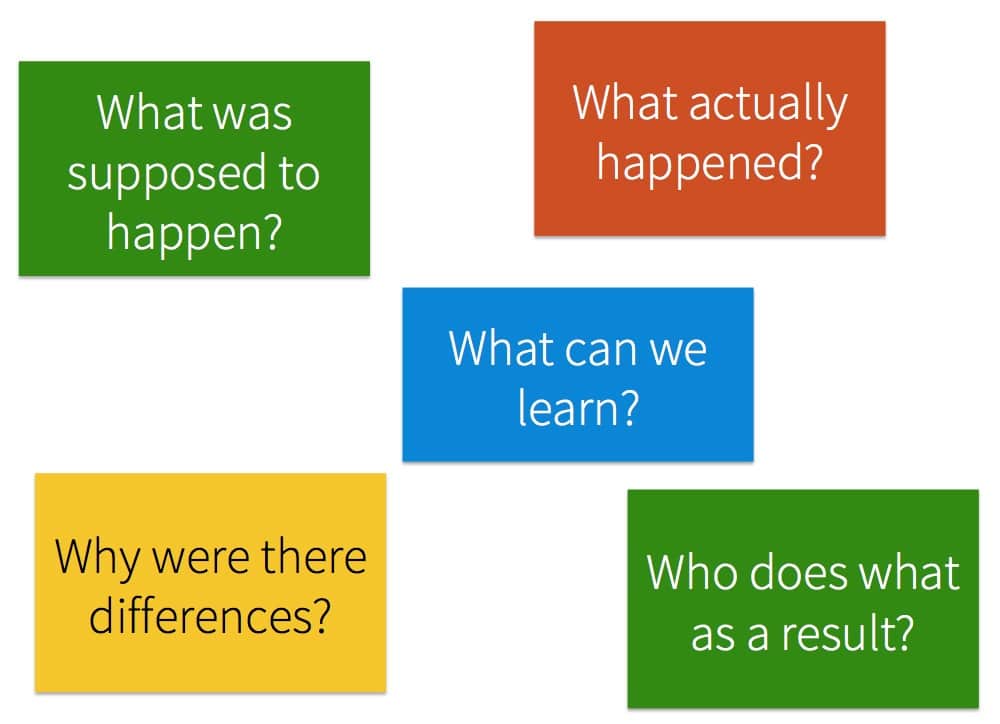
After Action Review is a simple project debrief that uncovers what really happened, captures lessons learned and turns them into concrete actions.
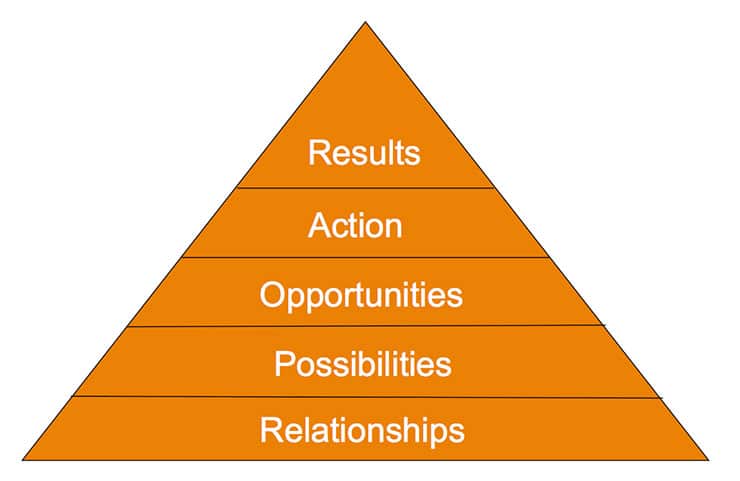
The Relationship Triangle is a facilitated discussion that shows teams why strong relationships and shared understanding are essential for better results.
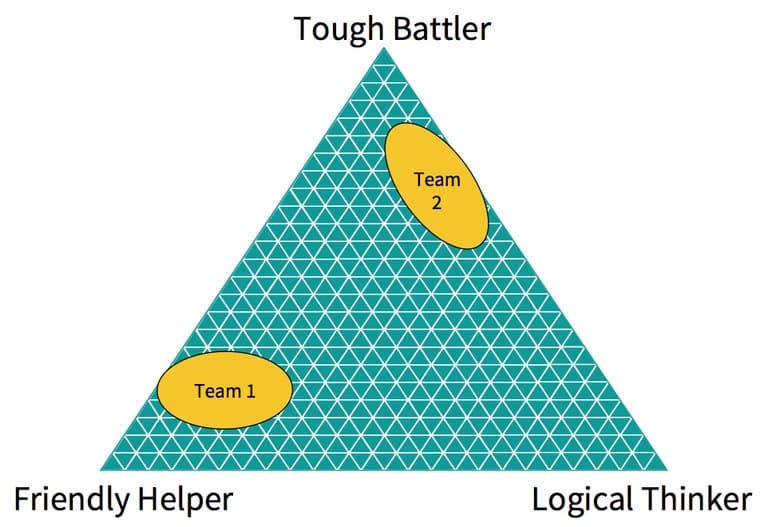
Culture Triangle is a team activity that surfaces cross team stereotypes so people discuss differences openly and strengthen collaboration.
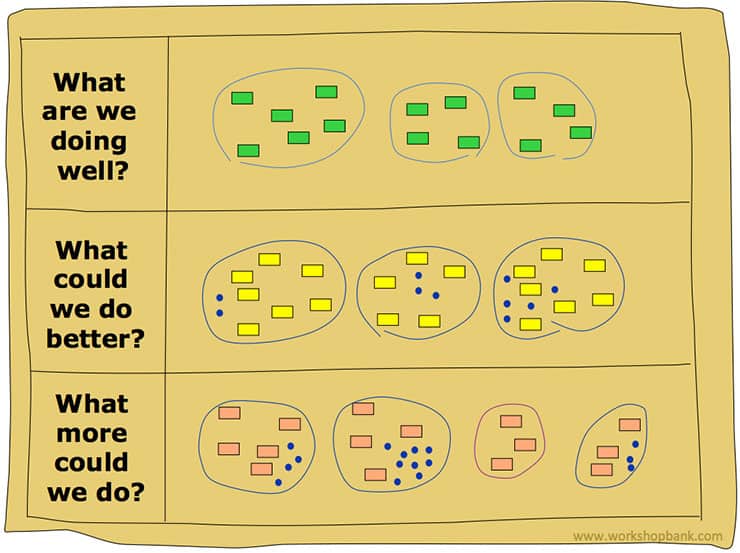
Team Review Workshop and Dotmocracy help teams quickly surface what works, what needs improving and key opportunities, then prioritise themes for action.
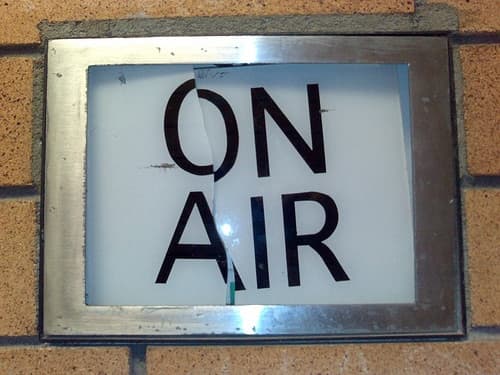
The Radio Station icebreaker helps participants shift from personal preferences to group criteria, fostering collaboration and understanding of collective interests for decision-making.
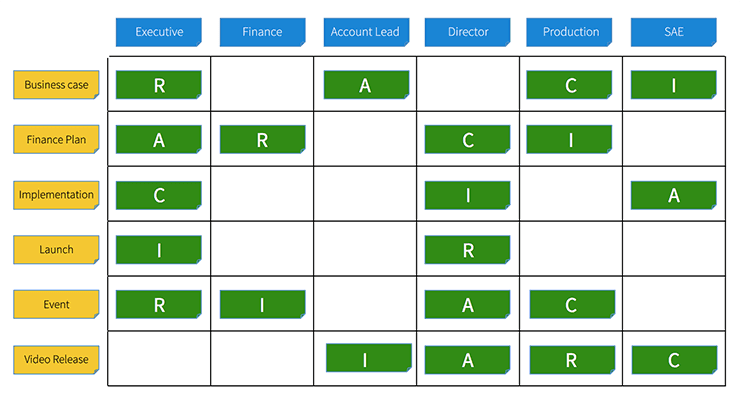
RACI Matrix is a role clarity tool that maps who is responsible, accountable, consulted and informed so teams reduce confusion and deliver work smoothly.
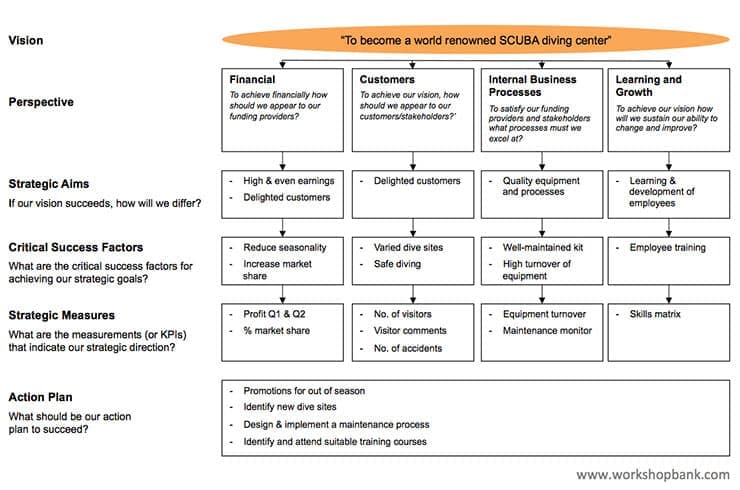
Balanced Scorecard is a team workshop to turn strategy into measurable goals, track performance across key perspectives and align daily work to vision.
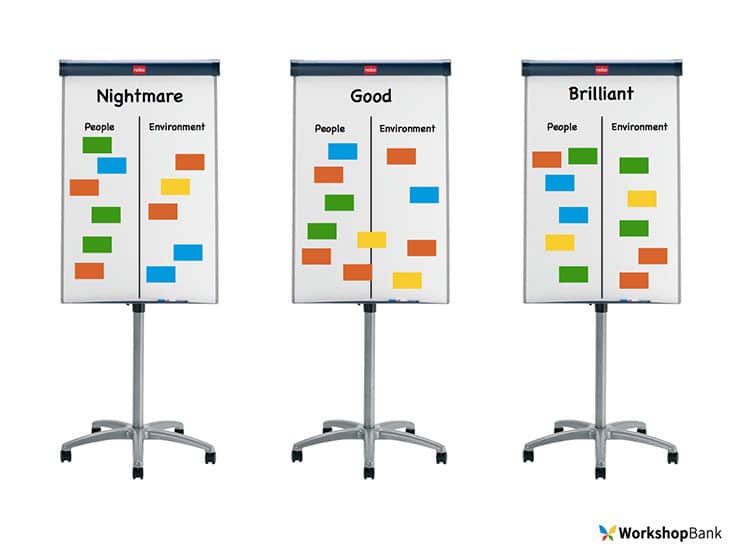
How To Run Effective Meetings is a simple workshop activity that helps teams define nightmare, good and brilliant meetings and agree better meeting habits.
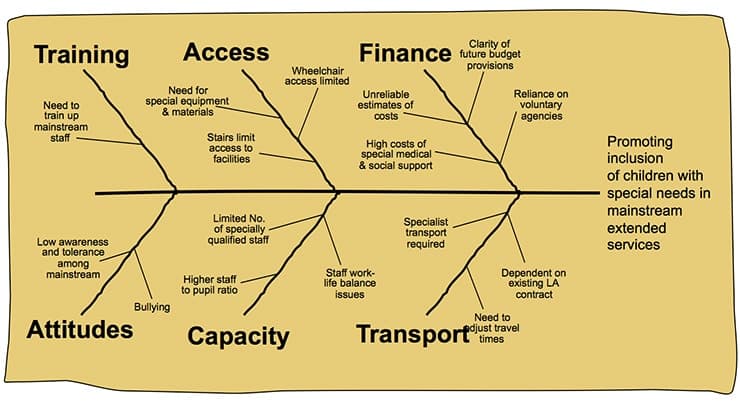
Fishbone Diagram is a group problem analysis tool that maps causes of an issue so teams build shared understanding before moving into solutions.
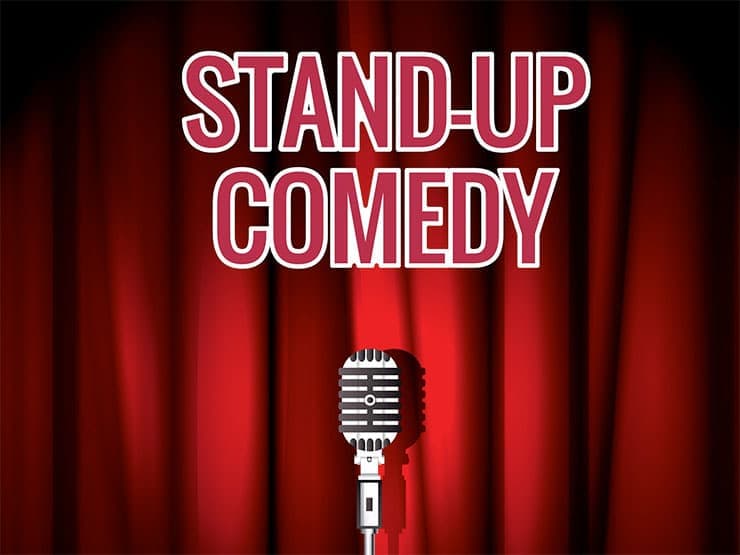
Whose Line Is It Anyway is a fast icebreaker where participants match jokes to punchlines to boost energy, laughter and active listening.
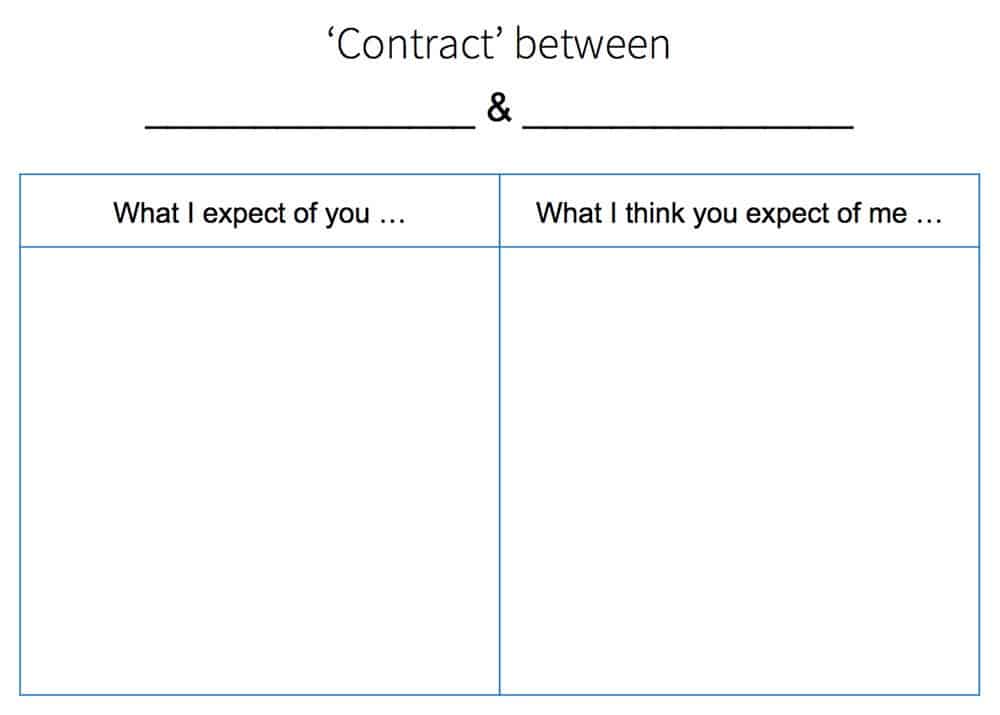
Expectations Exchange is a team activity that clarifies roles and creates simple working agreements so colleagues, departments and clients align from the start.

Terrible Presents is a quick persuasion game where participants sell each other awful gifts while practising influence, empathy and audience analysis.
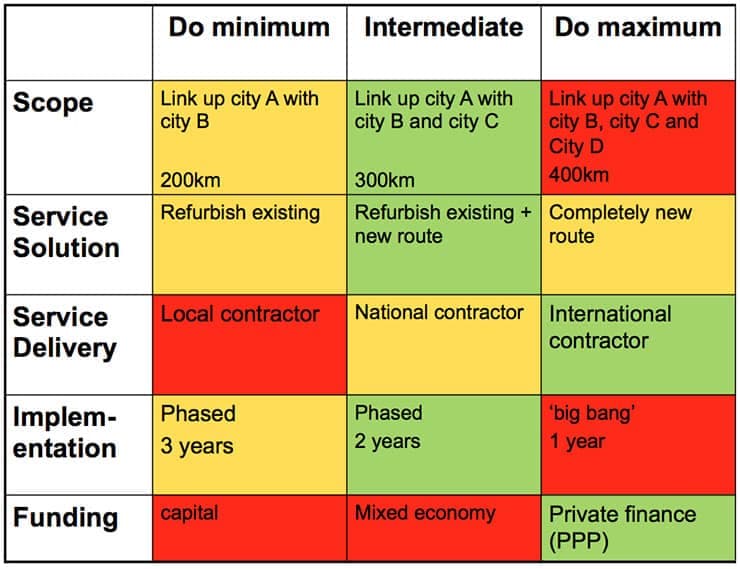
Use the Options Framework to help small groups brainstorm solutions, compare ambitious and conservative options and agree a preferred way forward.

The Freudian Walk is an active listening exercise where pairs walk, talk and reflect to build empathy, self-awareness and better group communication.
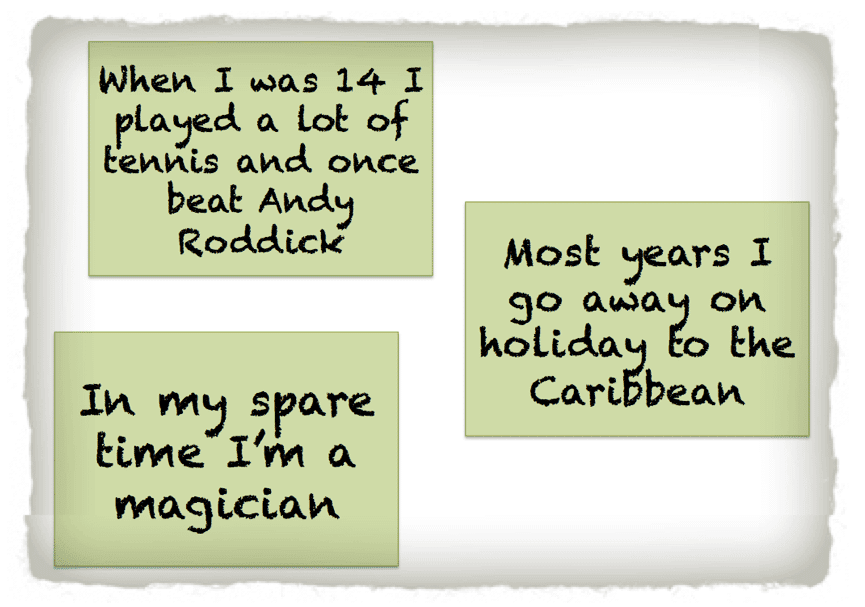
How Well Do We Know Each Other is a light icebreaker where small groups share surprising truths to raise energy, build connection and start workshops.
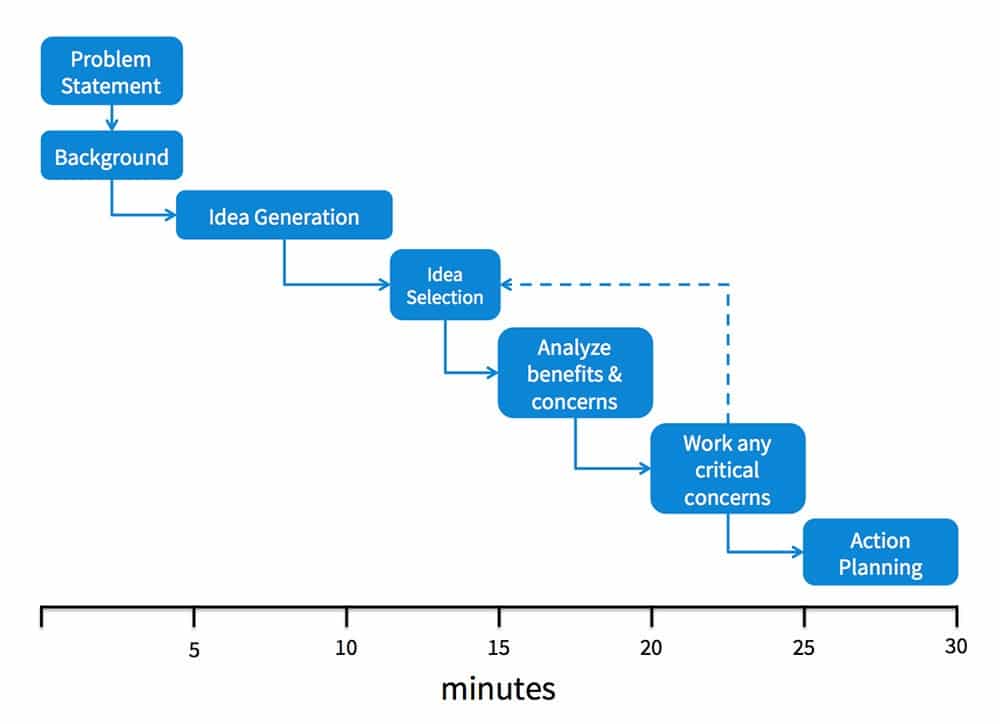
Problem Solving Team Building is a fast workshop that turns a tough issue into clear options, agreed priorities and a practical action plan.
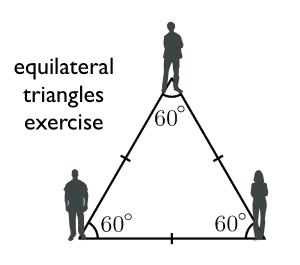
Equilateral Triangles Collaboration is a fast conference icebreaker that shows how large groups can self organise and collaborate effectively without strict rules or leaders.
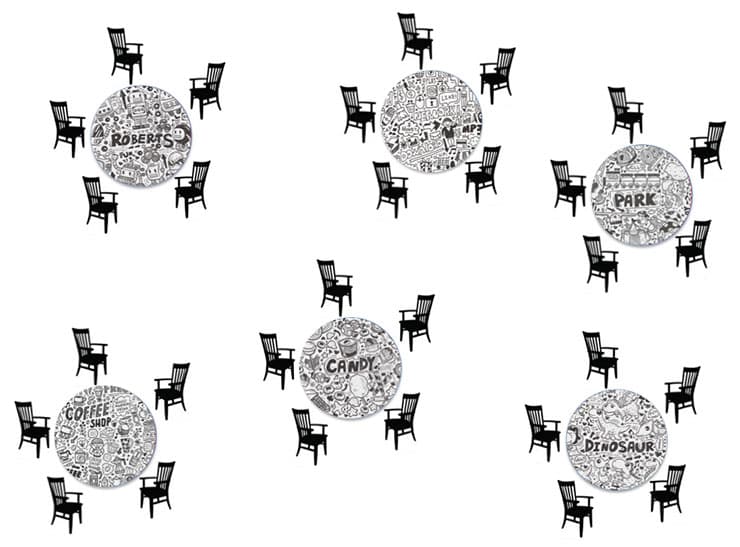
The World Cafe is a flexible large group dialogue method that helps participants explore questions that matter and share insights for collective action.
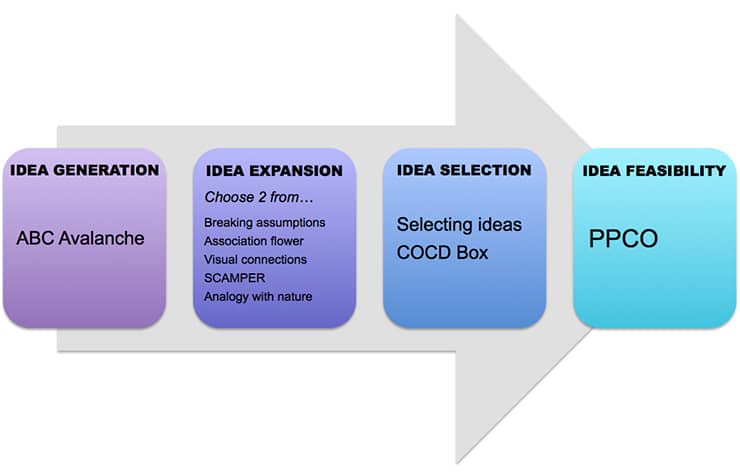
Creative Problem Solving is a nine-tool process that helps teams move from challenges to original, useful ideas and test them for real-world impact.
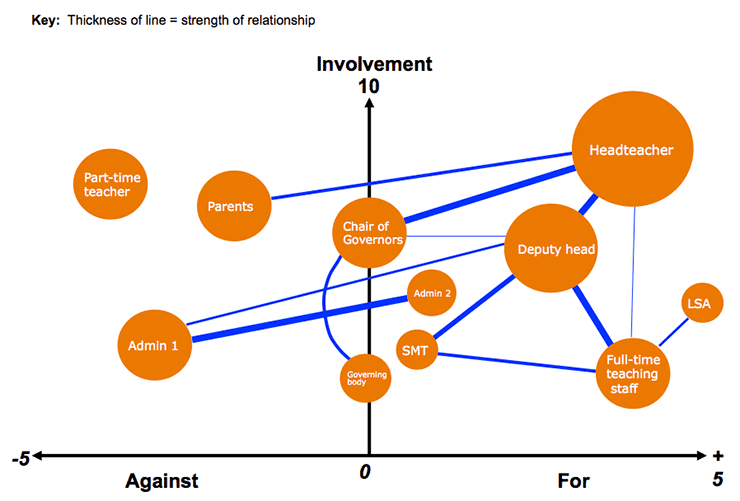
Stakeholder Mapping is a visual change tool that shows how key people feel about your project so you can target engagement and move influencers onside.
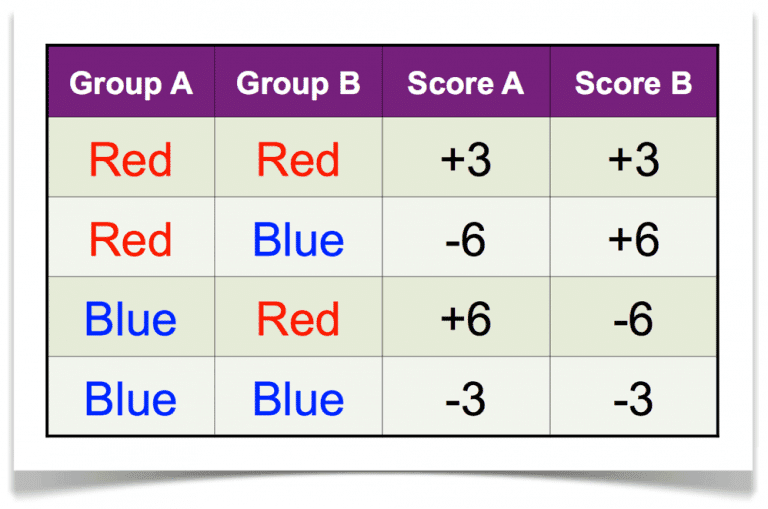
Prisoner’s Dilemma is a team game that tests trust and risk, revealing win win and win lose mindsets and how cooperation can outperform competition.
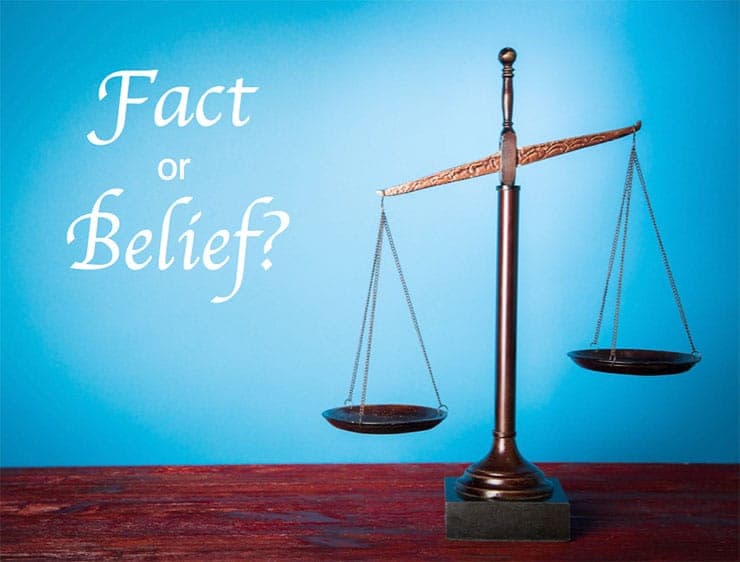
Barriers and Beliefs helps teams identify and classify barriers as facts or beliefs, creating strategies for facts and reframing beliefs into positive, actionable solutions.
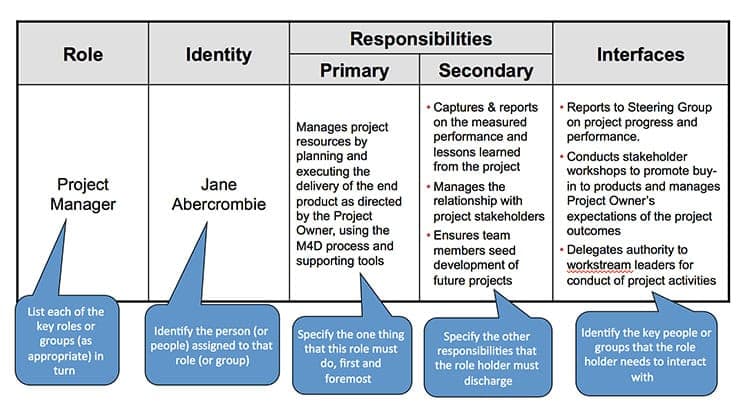
Team Roles and Responsibilities is a simple template to clarify project roles, avoid gaps and overlaps, and help teams work together efficiently.
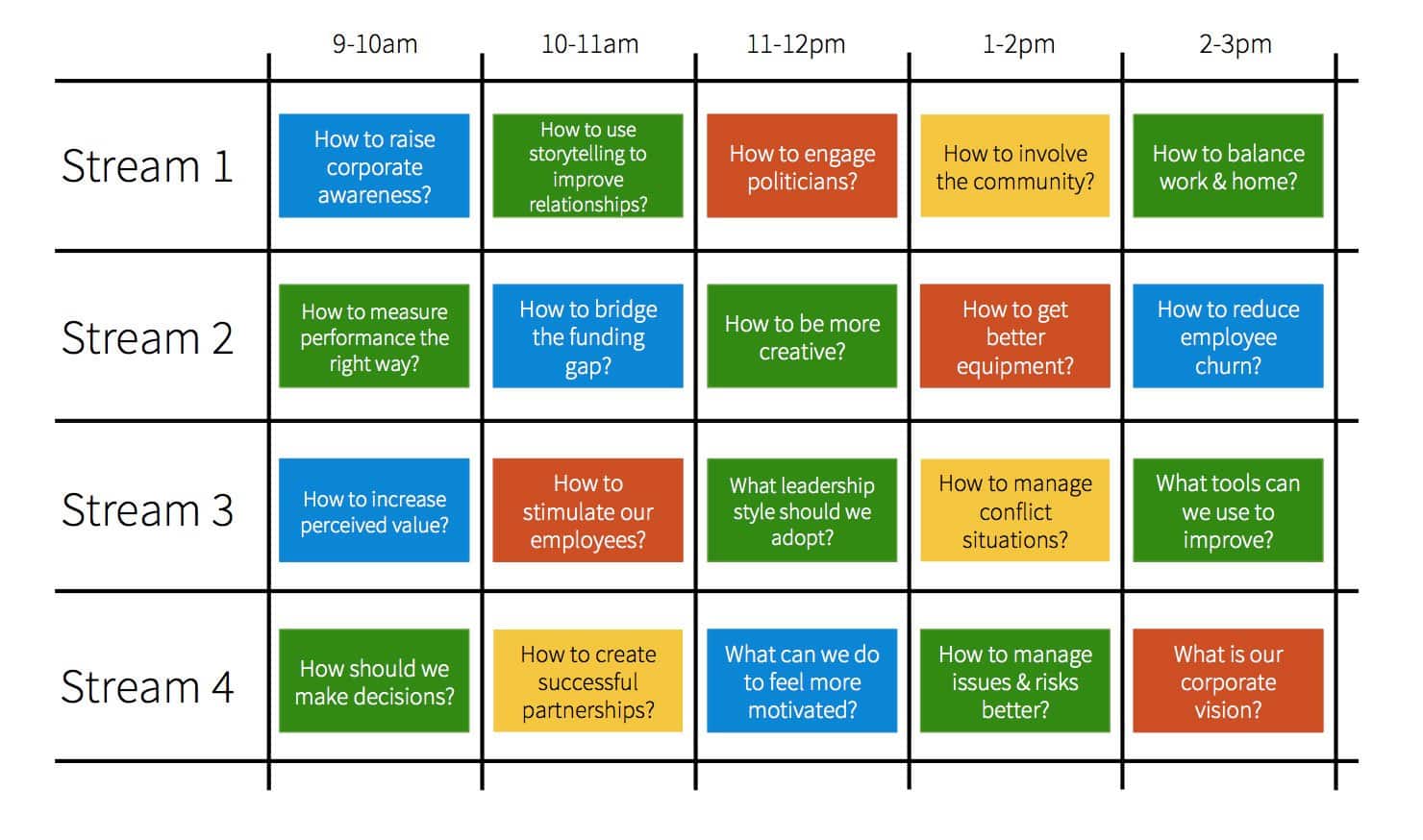
Open Space Technology is a participant driven event format where large groups set their own agenda to tackle complex issues with ownership and action.
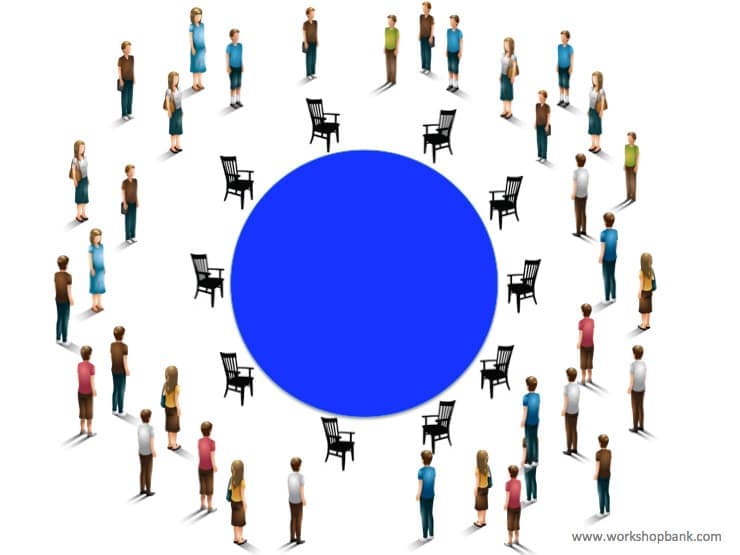
Fishbowl Discussion is a stakeholder dialogue format where a small inner circle debates in public so larger groups feel heard, involved and aligned.
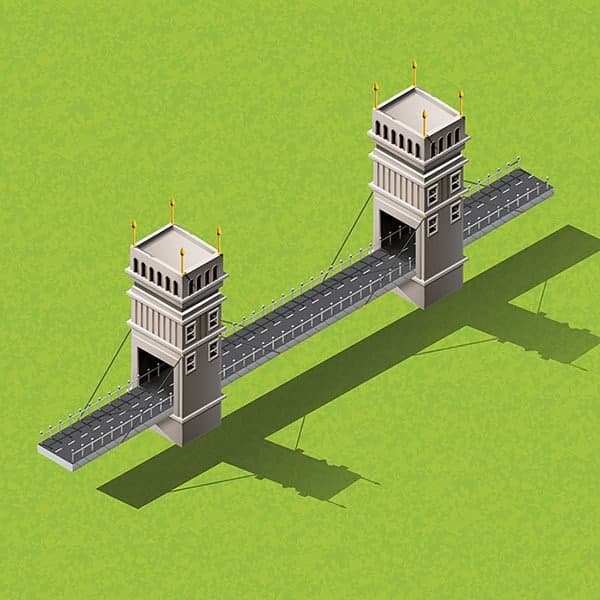
Build a Bridge is a team exercise where small groups build bridges so you can observe collaboration, leadership behaviours and real problem solving.

Presentation Vision Sheet is a group tool to align on your idea, audience and message so you design sharper, more focused presentations.

Clotheslines & Kite Strings is a multicultural team exercise that surfaces assumptions about choices so people understand, value and celebrate differences.
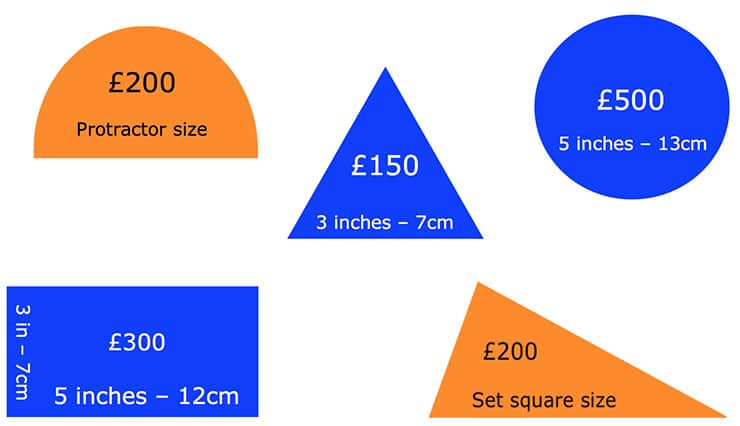
The Trading Game simulates multi-party negotiations to develop collaborative problem-solving and negotiation skills, emphasizing long-term partnership strategies in team settings.
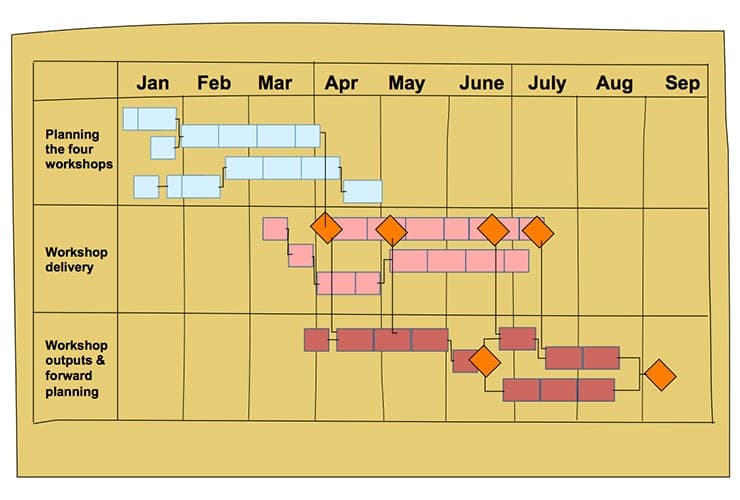
Brown Paper Planning is a team project planning workshop that maps workstreams on one big timeline to build ownership, clear roles and a realistic plan.
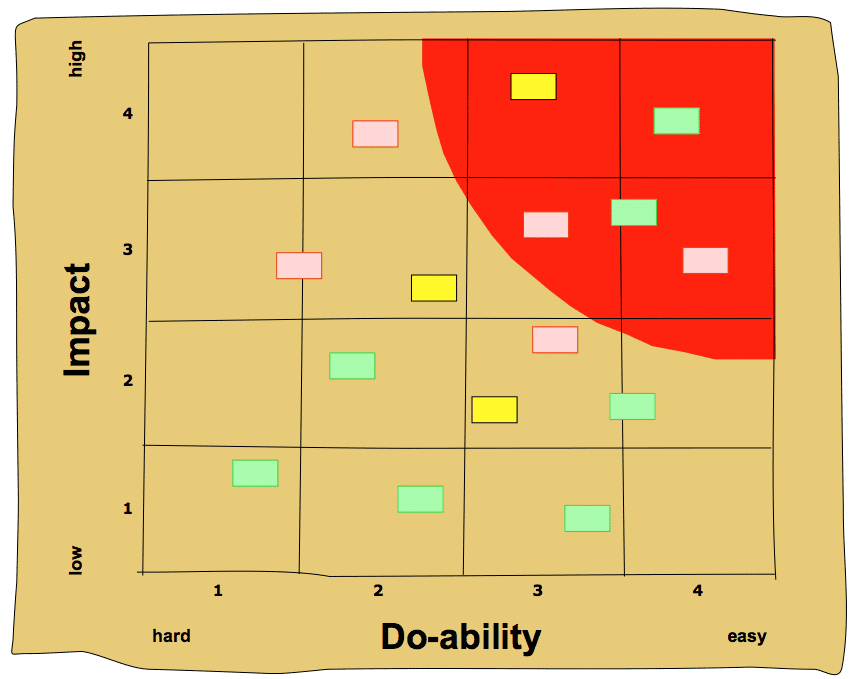
Prioritization Matrix is a visual team tool that rates ideas by impact and do-ability so you can quickly agree priorities and plan next actions.
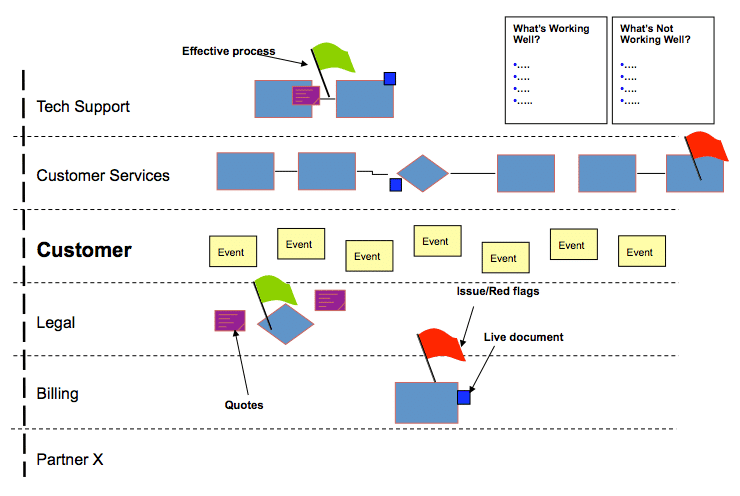
Customer Journey Mapping is a workshop tool to visualise every customer touchpoint, fix broken processes and improve service experience end to end.
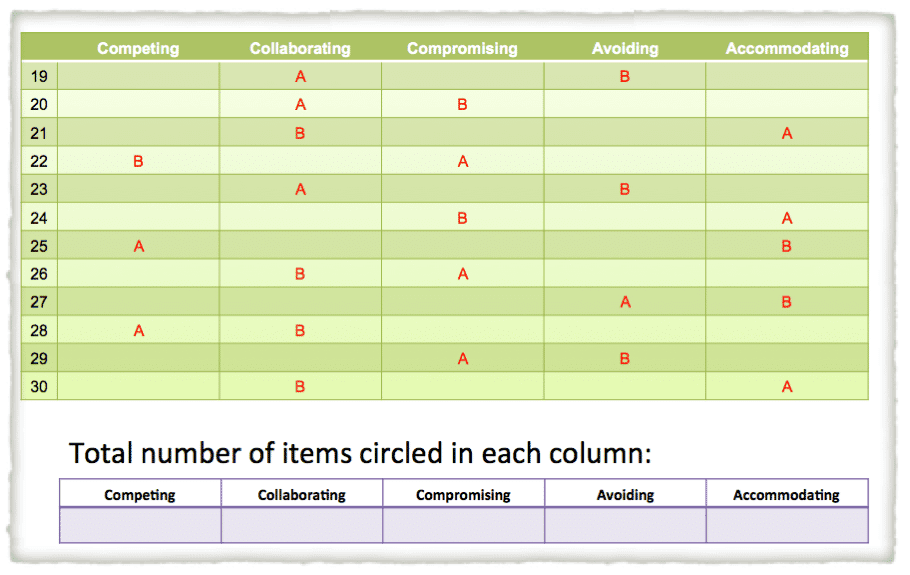
The Thomas Kilmann Conflict Mode workshop helps teams understand their conflict styles, build a shared language and choose more constructive responses.
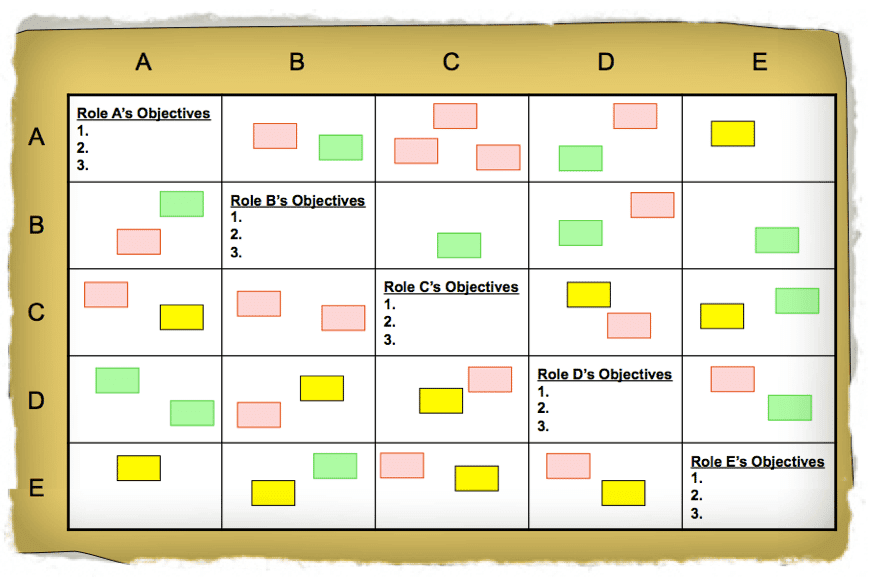
Team Role Development helps teams compare roles, uncover gaps and overlaps, and agree actions to improve collaboration and efficiency.
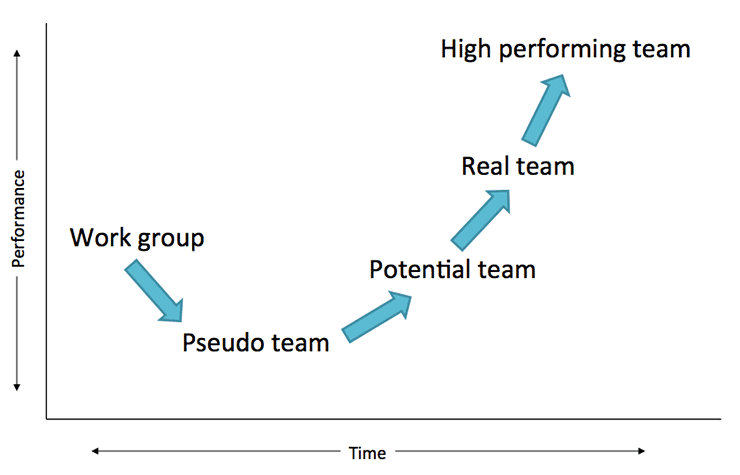
The Team Evolution Curve helps teams assess their current stage of development, identify areas for improvement, and create action plans to progress towards high performance.
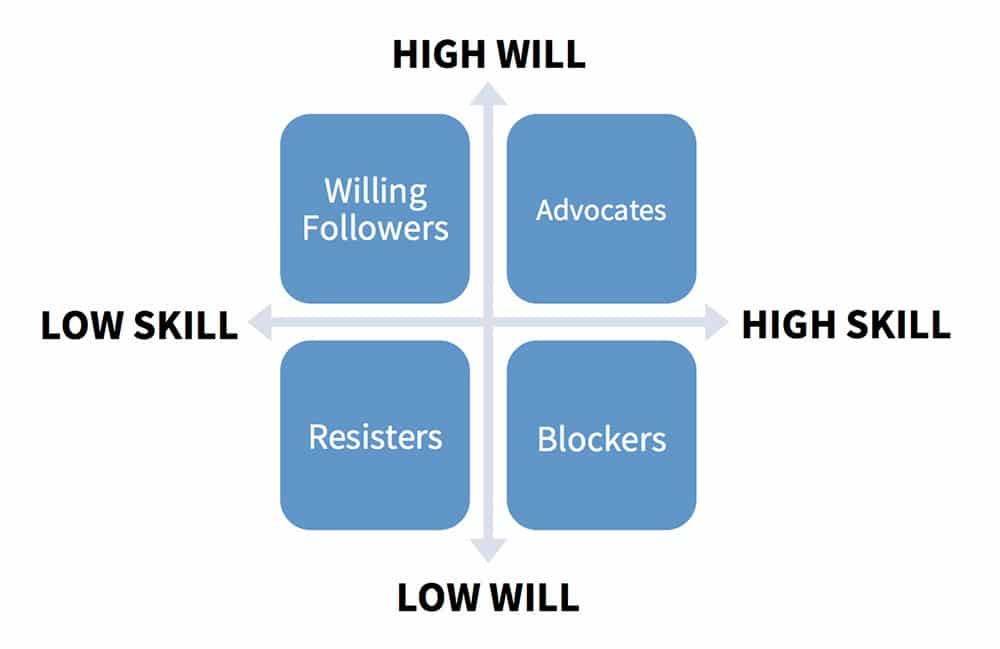
Skill Will Matrix is a leadership tool that plots team members by skill and motivation so you can tailor your approach and lift overall performance.
Two ways to get started:
Choose the path that works best for you
Perfect for independent facilitators
See it in action with an expert
Join 100,000+ professionals who've transformed their workshops